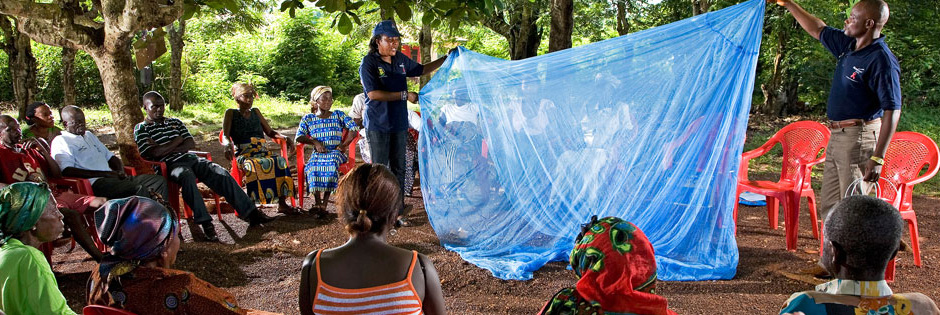The new Chair of the African Leaders Malaria Alliance (ALMA), His Majesty King Mswati III of the Kingdom of Swaziland, has praised the efforts of fellow Africans and partners in the progress toward malaria elimination in Africa.
Speaking on the occasion of World Malaria Day, King Mswati III used his first address as ALMA Chair to draw attention to the steps needed to eliminate malaria from Africa by 2030.
“On this World Malaria Day, we are closer than ever to realising a world free of malaria. Innovation in health and human development has driven unprecedented progress on this continent. But this year’s theme for World Malaria Day – End Malaria for Good – reminds us we must build on the progress we have made. We must redouble our efforts to protect these fragile gains. There is no work more important than this.”
Swaziland is one of six African countries on track to eliminate malaria by 2020 – ten years ahead of the continent-wide target. The World Health Organisation (WHO) also projects that Algeria, Botswana, Cabo Verde, Comoros and South Africa can achieve this milestone before the end of the decade.
The Kingdom of Swaziland has made significant progress in scaling-up malaria control interventions, which has led to a significant reduction in its malaria burden. The WHO estimates that between 2010 and 2015, Swaziland lowered malaria incidence and mortality by more than 40 percent.
Swaziland was the first country in Africa to introduce a national ALMA malaria elimination scorecard. The scorecard helps countries track accountability and action on malaria. Swaziland is also chair of the Southern African Development Community Malaria Elimination 8 (SADC E8). This regional initiative leverages collective effort on malaria across Southern African borders.
“We commend His Majesty’s leadership on this vital mission to free our continent of Malaria,” said Joy Phumaphi, Executive Secretary of ALMA. “Swaziland is a leader in the fight against malaria in Africa, heavily investing its own domestic resources. The tremendous impact of their efforts provides a powerful model for the entire continent.”
Malaria remains a critical threat in Africa. The continent still bears the highest global malaria burden. In 2015, 195 million of the 212 million new malaria cases and 394,000 of the world’s 429,000 malaria-related deaths were in Africa.
Since 2000, malaria mortality rates across the continent have fallen by 62 percent in all age groups and by 69 percent among children under five. The increase in people at risk of malaria in Sub-Saharan Africa sleeping under insecticide-treated nets or protected by indoor residual spraying coupled with diagnostic testing of children and treatment of pregnant women has contributed to significantly lowering incidence and mortality in Africa.
These achievements come at a time when African countries are providing more domestic funding to fight malaria.



